Mental Health Substance Use Worksheets Results
Anger Management for Substance Abuse and Mental Health Clients ...
for Substance Abuse and Mental Health Clients . Acknowledgments. This workbook was developed for use in conjunction with . Anger Management for Substance Abuse and Mental Health Clients: A Cognitive Behavioral Therapy Manual. This publication is, in part, a product of research conducted with support from the National Institute
https://url.theworksheets.com/fms257 Downloads
Preview and Download !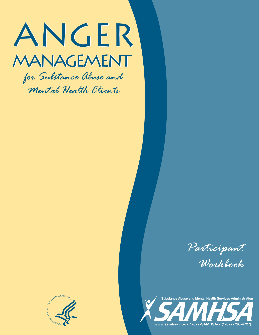
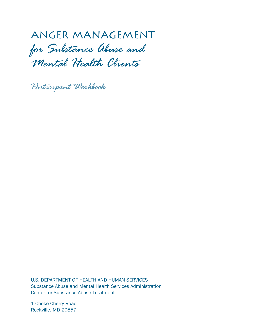
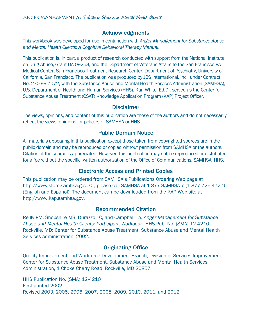
SAMHSA TIP 35 Enhancing Motivation for Change in Substance Use Disorder ...
substance use disorders (SUDs) as well as in using science-informed interventions such as motivational counseling approaches to treat them, the United States still faces many SUD challenges. For example, the National Survey on Drug Use and Health (Substance Abuse and Mental Health Services Administration, 2018) reports that, in 2017, approximately:
https://url.theworksheets.com/l4c63 Downloads
Preview and Download !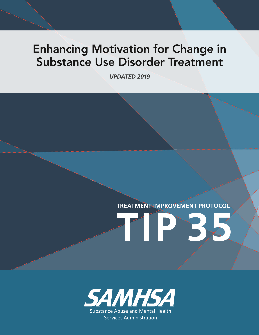

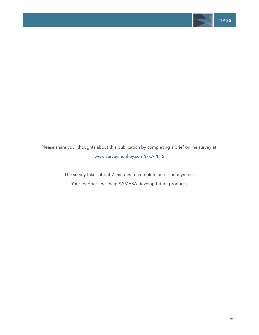
Module 3: Understanding Co-Occurring Substance Use Disorders, Mental ...
• A parent with co-occurring mental health issues must first receive mental health treatment before substance use disorder treatment can work • Parents with substance use disorders often fail to complete treatment because they face real barriers such as poverty, mental illness, family violence, or transportation challenges
https://url.theworksheets.com/73bn78 Downloads
Preview and Download !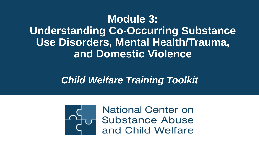
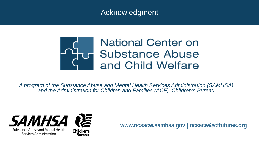
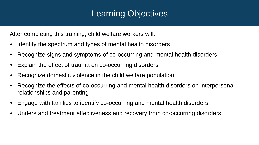
Integrated Dual Disorders Treatment - Hazelden
For about three decades, the mental health field has recognized the prevalence of substance use disorders among people with a severe mental illness such as schizophrenia, bipolar disorder, and recurrent depression. About half of all adults with severe mental illness also have an alcohol or drug use disorder at some time in their lives ...
https://url.theworksheets.com/d0l147 Downloads
Preview and Download !
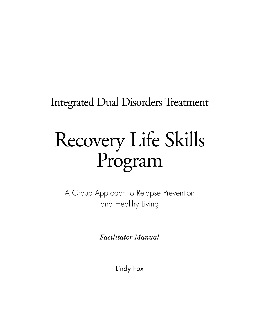
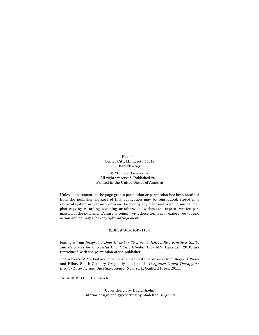
Physical and Psychological Effects of Substance Use Handout - HHS.gov
SUBSTANCE [and method of use] PHYSICAL/PSYCHOLOGICAL EFFECTS Alcohol Alcohol abuse is a pattern of problem drinking that results in health consequences, social, problems, or both. However, alcohol dependence, or alcoholism, refers to a disease that is characterized by abnormal alcohol-seeking behavior that leads to impaired control over ...
https://url.theworksheets.com/4mvi223 Downloads
Preview and Download !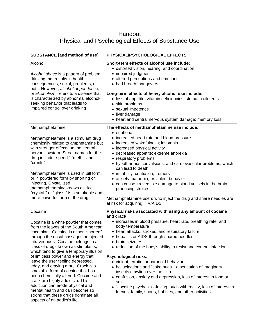
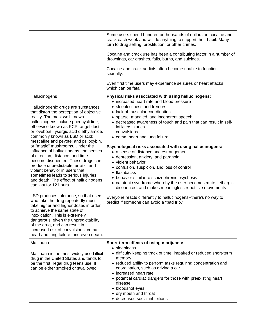
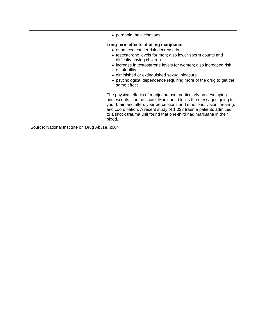
Behavioral Red and Green Flags - Treatment Innovations
Substance use, self-harm, or other recent acting-out behaviors may help patients get in touch with their red flags. Likewise, recent good coping may help them identify their green flags. ★ Customize the Safety Plan. Develop the Safety Plan to fit each patient’s particular needs. Use the red and green flags the patient has already identified ...
https://url.theworksheets.com/rsa70 Downloads
Preview and Download !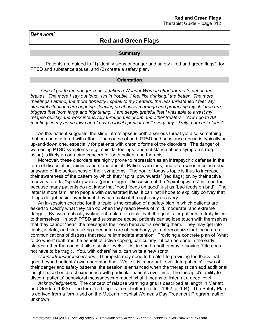
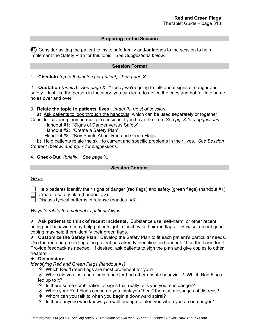
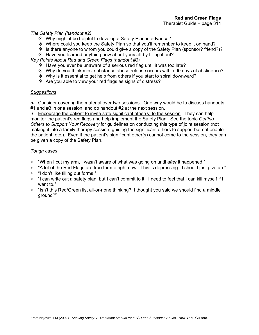
MANAGING CHRONIC PAIN IN ADULTS WITH OR IN RECOVERY FROM SUBSTANCE USE ...
, based on the Substance Abuse and Mental Health Services Administration’s (SAMHSA) Treatment Improvement Protocol (TIP) 54, Managing Chronic Pain in Adults With or in Recovery From Substance Use Disorders, is for primary care providers who treat or are likely to treat adult patients with or in recovery from SUDs who present with chronic pain.
https://url.theworksheets.com/5gym157 Downloads
Preview and Download !


Relapse Prevention Group Handouts
Use the Mooring Lines Recovery Chart (page 9) to list and track the things that are holding your recovery in place. Follow these guidelines when filling out the form: 1. Identify four or five specific things that are now helping you stay sober (for example, working out for twenty minutes, three times per week). 2.
https://url.theworksheets.com/2htu98 Downloads
Preview and Download !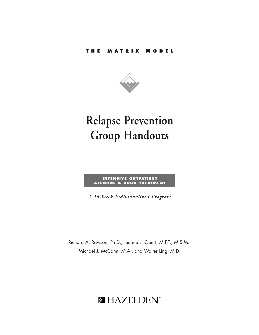
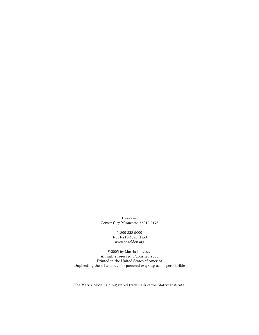
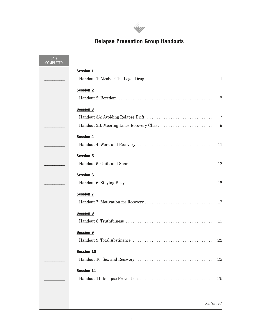
MANAGING YOUR TRIGGERS TOOLKIT - Mediators Beyond Borders International
MANAGING YOUR TRIGGERS TOOLKIT - Mediators Beyond Borders International ... st
https://url.theworksheets.com/15tt1094 Downloads
Preview and Download !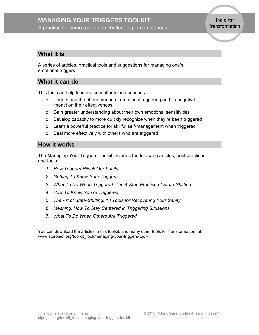
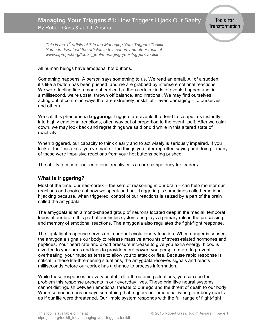
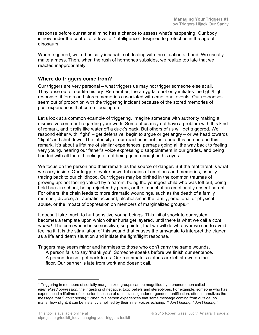
Mental Illness and Substance Abuse - Arizona Department of Health Services
mental illness and addiction. By the Numbers Page 2 of 2 National Alliance on Mental Illness 3803 North Fairfax Drive, Suite 100 • Arlington, VA 22203 • (703) 524-7600 NAMI information HelpLine: 1 (800) 950-NAMI (6264) www.nami.org Created January 2010 For more information about co-occurring mental illness, substance abuse, alcoholism
https://url.theworksheets.com/43ok253 Downloads
Preview and Download !


<< Previous results Next results >>